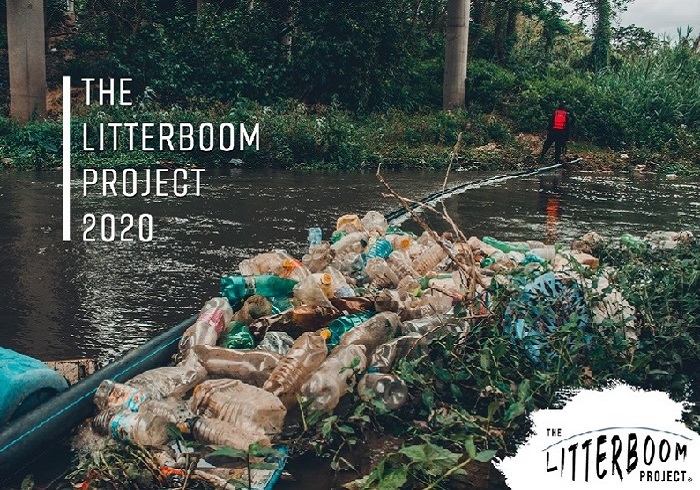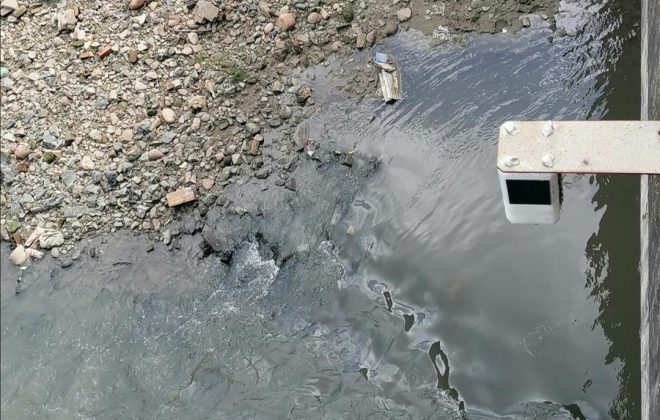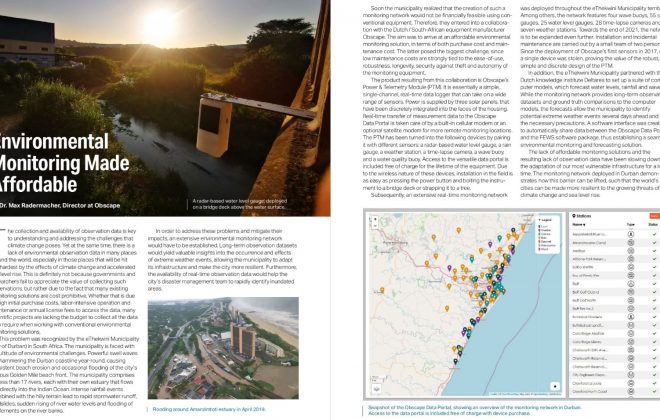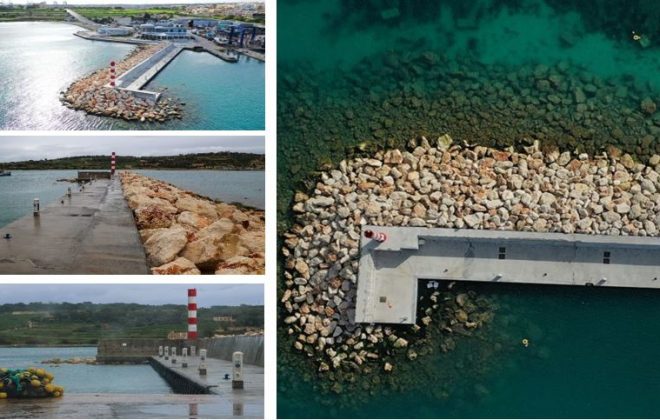Bridging the Water
The LitterBoom Project
Litterboom Project is a South African initiative to stem the flow of marine plastic pollution by focusing on the interception and removal of PET bottles and other plastic debris pollution from South African Rivers since 2017.
Obscape are working in collaboration with the LitterBoom Project to fight plastic pollution, with our Time-Lapse Camera, which is a robust, fully wireless solution that delivers time-lapse images to any desktop, at any time of the day. Real Time Images generated by Obscape Time Lapse Cameras are used to visually confirm the efficacy of Litterbooms, as well as plastic load within the River system/s.
Images of up to 5Mp from Time Lapse Cameras, which are deployed at multiple remote Litterboom sites, report to one secure, easy to use and powerful Obscape Data Portal. Litterboom Project managers are empowered in real time by visual confirmation of when, where and how frequently Litterbooms need to be cleared to prevent plastic leakage into the Oceans.
The Obscape Data Portal does more than just visualising your real-time observation data. It includes tools for data management and analysis, such as a variety of data downloads, flagging invalid data points, comparing data across all your measurement stations and viewing historic statistics of your dataset. Furthermore, you can register for periodic data reports in PDF format that are delivered to you and/or your client by email.
Obscape have a monitoring solution for your area of interest. Give us a shout and let us know how we can get involved with your project.
Litterbooms are highly effective floating booms that catch most floating plastic debris from a fresh water system before it can get into the Marine ecosystem. The Litterboom Project employs over 76 local community members who, over the last 3 years have collected over 320 000 kilograms of plastic trapped by the Litterboom floats.
Living Lab: Plastic Interception and Detection
The OKP Programme ‘Bridging the water’ kicked-off the new Living Lab: Plastic Interception and Detection in the Liesbeek River in Cape Town. The Living Lab is set up by UCT and TU Delft in collaboration with 2 start-ups: The Litterboom Project and Obscape, to map the plastic pollution floating in the river downstream. We will use innovative monitoring equipment, while the start-ups and students work together to collect data and to research the pollution problem. This Living Lab will bridge the gap between theory and practice and aims to contribute to the solution for the river pollution problem.
The South African and global river systems deliver the greatest volume of marine plastic pollution when reaching the oceans. For this reason, they need to be restored to their natural, healthy state. This restoration needs to start upstream. There is an urgent need for efforts to focus on interception solutions, as well as to understand how these rivers can be remediated from both plastic pollution and other contaminants. The Liesbeek river in Cape Town offers a great opportunity to gain more knowledge on this problem.
The Litterboom team has placed three booms along the Liesbeek river and several Obscape Camera and Level Gauge monitoring devices to catch and monitor plastic flowing downstream. The students at the partnering universities will be encouraged to get involved in the data collection and to analyse these data. Besides monitoring and data collection, the river will be cleaned by local teams.




